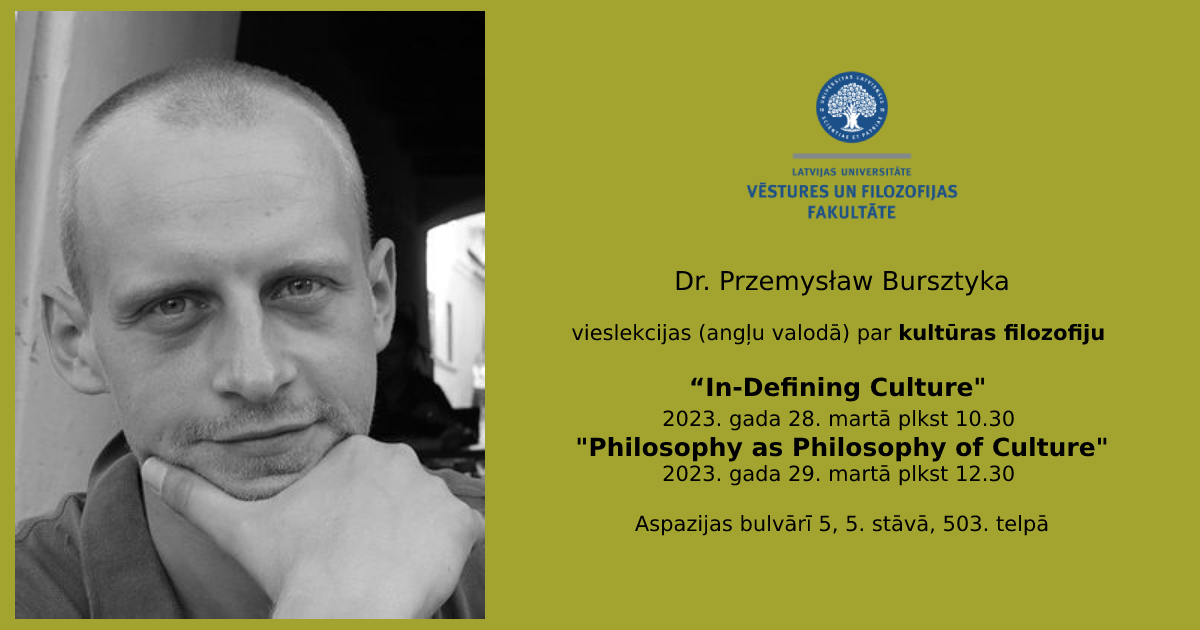
Lecture 1
In-Defining Culture
Can we define culture? The number of definitions of culture is as impressive as it is telling. It is as if we were confronted with an "object" which effectively escapes all our attempts at providing an adequate and exhaustive definition. Furthermore, all such attempts are based on reductionism of a certain kind. I will propose a concept of culture which underscores its fundamentally non-objectifiable character. It suggests that one can speak of culture only in radically anti-essentialist and indirect terms. The concept I propose indicates a fundamentally pluralistic, polyphonic, dynamic and, most importantly, tensive character of culture. Culture is constituted (and maintained) by and through a series of primordial and insurmountable tensions. These tensions provide a kind of ontological framework out of which particular historically and locally determined forms of culture appear. And all these forms confirm the fundamentally indefinite character of culture. This in-definiteness is not to be seen as a shortcoming or weakness but rather as an origin of plurality and richness of cultural meanings.
Lecture 2
Philosophy as Philosophy of Culture
In this lecture I will provide an outline of philosophy of culture derived from the understanding of culture proposed in the preceding lecture. In this perspective philosophy, as such, does not stand over against, beyond or above its own facticity – it originates from culture, and it is, whatever form it takes, directed toward culture. It is so either in an interpretative mode – as an effort of tracing the genesis of the most fundamental concepts by means of which humans understand reality and their place in it; or as originating from that realm activity of creation the basic concepts which are to provide the coordinates for our living and acting in physical and social-historical reality. In short, I will claim that all philosophy is essentially philosophy of culture; and thus understood it is the ultimate possibility of culture’s self-questioning and self-understanding.

 LU konference
LU konference